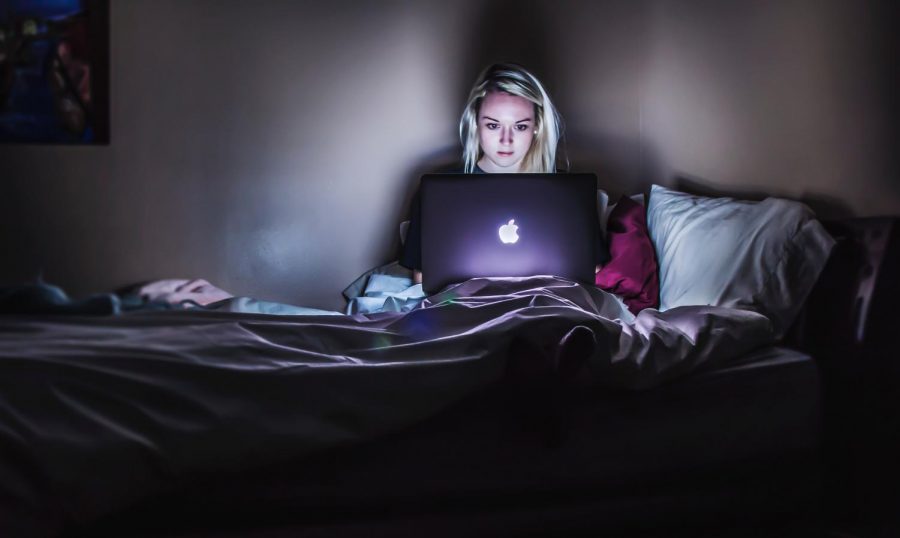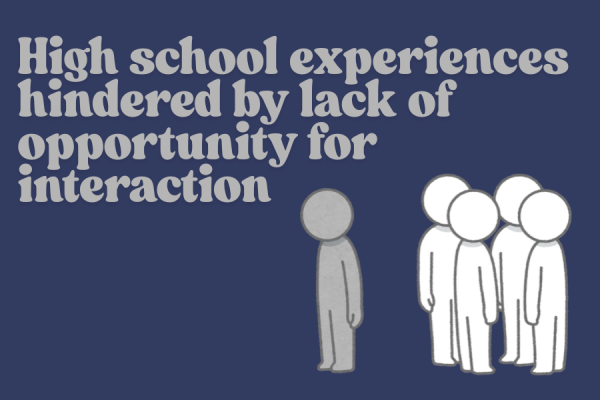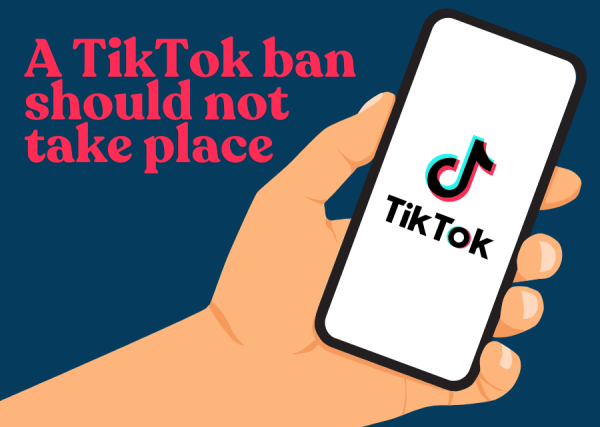EDITORIAL: Teachers should not enforce cameras during online classes
Photo by Victoria Heath on Unsplash
Cameras on. While many teachers believe that students should have their cameras on during online classes, some disagree. Turning cameras on or off should be encouraged rather than a requirement for students.
In this time of virtual classes and online education, both teachers and students have argued whether or not cameras should be turned on during synchronous classes.
Although it seems practical for students to have their cameras on at all times, teachers should only encourage rather than force students to have their cameras on. While many see the use of cameras as an easy task, everything from outside distractions to technological issues can make it difficult for students to keep their cameras on.
Internet problems are something many students encounter when doing online classes. For many, it can seem impossible to stay in a Google Meet without being kicked out multiple times because of a low internet connection. With poor WiFi, cameras and microphones can malfunction or freeze for students, which is why many choose to turn their cameras off in fear that they will freeze during class.
Many teachers seem to believe that turning a camera on during class is a sign of respect–and while that may be, the same can be said for turning a camera off. Turning a camera off prevents distractions from outside of the virtual class or meeting. The online teaching format is much different from that of an in-person class–the teacher can easily see each student and the students can just as well see each other. Because these online classes happen at home, there can be many offline distractions and, when need be, students can easily shut off their cameras in order to not disrupt the class.
Because virtual learning is new for everyone, having online classes and meetings throughout the day, hours at a time, feels unnatural. If during an in-person class, every time someone spoke or even coughed, it would be strange to be pulled into the center of the room for everyone to see. Due to this unnatural environment, many students feel more comfortable with their cameras off.
While teachers are usually the center of attention, students are not, which only makes situations more uncomfortable for students that are anxious. There are also students who may not want to show the appearance of their room or house. When teachers demand that all cameras remain on, it ignores students whose situations may be very different and more complicated than most.
Some may disagree and believe that those students who have their cameras off aren’t paying attention, taking advantage of not being visible and doing other school work. However, whether or not a student pays attention during class is up to the individual. The consequences will reflect on the student’s grade. It’s similar to when a student isn’t paying attention during an in-person class–the evidence will show through his or her grading scores. Entirely preventing students from inattention is impossible, and even with online classes, there are still more than several ways a teacher can conclude if a student is actively participating during class.
Quizzes and tests are a simple method to see whether or not students are closely listening to lessons. Not to mention that the comments option available in both Google Meets and Zoom keeps students active during classes. If students cannot turn their mics on or are uncomfortable speaking, they can type in these comment chats either to the class or directly to the teacher.
The virtual schooling environment is a new challenge for everyone, including both teachers and students. However, in order to make these times somewhat easier, teachers need to understand the struggles students face and vice versa. Although students and teachers will soon return to in-person classes, there are still many students that will continue to learn over virtual lessons and meetings, meaning cameras being on or off will remain a point of contention until the end of the school year.










Hesley • May 11, 2022 at 2:48 pm
School is supposed to prepare students for the real world, for that reason, they have to do presentations for their colleagues or work in teams, etc.
The overprotection suggested in the article will end with graduation. Then, in the real world, they will have to face a different set of rules for which there were not prepared.